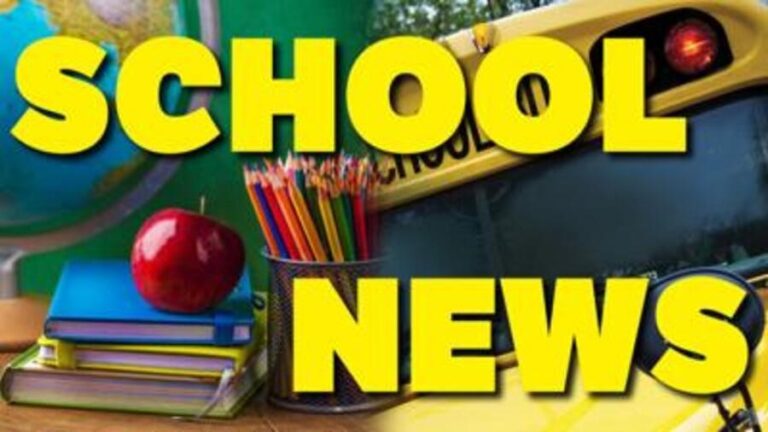Introduction to the Applied Sciences Track
Have you ever wondered how science is used to solve real-world problems like food shortages, disease control, or environmental pollution? That’s where Applied Sciences come in.
In Kenya’s CBC system, the Applied Sciences Track is built for students who love science but want to see it work outside a textbook or lab. It’s a track for doers, fixers, and creators who believe that science is not just about knowing — it’s about solving.
If you’re curious about food tech, health sciences, or even science in farming and production — this might be the track for you.
What is Applied Science All About?
Applied Science means taking the knowledge from biology, chemistry, physics, and math — and using it to create things, solve problems, or improve systems in real life.
It covers areas like:
-
Health and nutrition
-
Food science and technology
-
Environmental conservation
-
Agricultural science
-
Biomedicine
-
Public health
-
Lab technology
So, while Pure Science digs deep into theory, Applied Science focuses on action. It’s the science you can see and touch — from how your milk is processed to how soap is made or how diseases are prevented in communities.
Why the Applied Sciences Track is Important
In a world full of challenges — from dirty water to unhealthy diets, from soil erosion to disease outbreaks — we need people who can apply science to make things better.
Here’s why this track really matters:
-
Connects Learning to Life: You see how classroom knowledge works in farms, kitchens, labs, and clinics.
-
Prepares You for Job Skills: It trains you to be work-ready — especially in technical fields.
-
Fights Real Problems: You can help reduce waste, improve food safety, and boost health.
-
Builds Innovation: You’re encouraged to think of new solutions using science.
-
Serves the Community: From improving hygiene to sustainable farming — your knowledge can help others.
It’s science that you don’t just learn — you live.
Who Should Choose Applied Sciences?
This track is ideal for students who like science but also love seeing results in the real world. It’s for hands-on learners who enjoy experimenting, fixing, testing, building, and caring.
Signs You Belong in Applied Sciences
-
You enjoy practical lessons more than just reading notes.
-
You like health topics, farming, or food production.
-
You ask, “How can this help people?” when learning new ideas.
-
You’re interested in science AND community improvement.
-
You enjoy projects like baking, gardening, or DIY science.
If this sounds like you, you’re not just a thinker — you’re a builder.
What Subjects Are Taught in This Track?
The CBC allows students in the Applied Sciences Track to explore real-life science applications that cut across various industries.
Core Applied Science Topics
-
Food Science & Nutrition: Learn how food affects health and how it’s processed safely.
-
Health Sciences: Study hygiene, diseases, first aid, and basic human health.
-
Environmental Science: Understand ecosystems, waste management, and sustainability.
-
Agricultural Science: Discover how science is used in farming, animal care, and soil management.
-
Basic Laboratory Techniques: Learn how to test, measure, and analyze substances in labs.
Practical and Technical Units
-
Water Purification Projects
-
Disease Prevention and Health Awareness
-
Soap and Detergent Making
-
Food Preservation Techniques
-
Greenhouse Management or Smart Farming
Each subject includes hands-on practice, not just theory. That’s what makes this track exciting!





